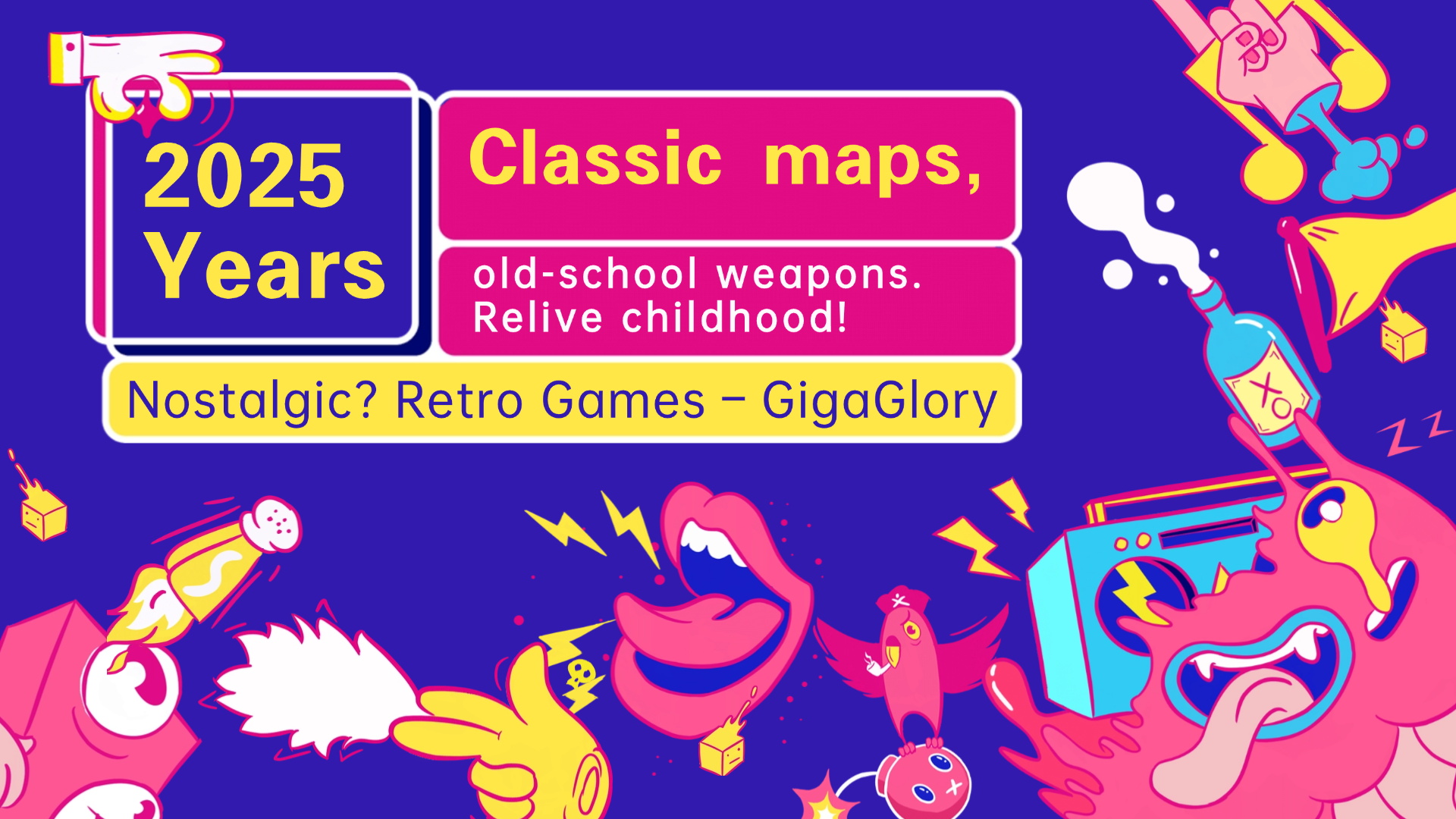How RPG Games Transform Real-Time Strategy Games: A New Frontier in Gaming
The gaming world is continuously evolving, and one of the most fascinating trends seen in recent years is the blending of RPG games with real-time strategy games (RTS). This integration isn't just a passing fad; it represents a significant shift in how games are designed and experienced. This article explores this transformation, illustrating how elements from RPGs are impacting RTS games and what it means for gamers everywhere.
The Rise of RPG Elements in RTS Games
Traditionally, real-time strategy games focused on resource management, tactical combat, and meticulous planning. Games like Clash of Clans dominated the market due to their competitive structures, team play, and strategic depth. However, the introduction of RPG elements is changing the landscape. Instead of merely building armies and fortresses, players now engage in character development, skill progression, and narrative exploration.
Key Features of RPG-influenced RTS Games
Here are some key features that show how RPG mechanics have seeped into RTS gaming:
- Character Progression: Players can develop individual characters with unique skills that affect gameplay.
- Story-Driven Campaigns: The introduction of narratives offers more depth, drawing players into immersive worlds.
- Skill Trees: Players can choose how to improve their characters, adding a layer of personalization.
- Quests and Missions: In-game tasks that promote exploration, strategy, and cooperation.
Examples of Successful Integrations
Several games stand as examples of this innovative blend:
| Game Title | RPG Elements | Notable Features |
|---|---|---|
| Clash of Clans | Unit customization and upgrade paths | Clan wars and events |
| Clash of Lights | Hero characters with special abilities | Strategic troop deployment based on heroes |
| Delta Force Xbox One | Special forces units with skill upgrades | Co-op missions and tactical strategies |
Benefits of Merging RPG and RTS Elements
This combination isn't just about adding fluff to gameplay; it provides genuine benefits:
- Enhanced Engagement: Players feel more connected to their characters and storylines.
- Increased Replayability: With multiple paths and character builds, each game session can be unique.
- Wider Audience Appeal: By catering to both RPG and RTS fans, these hybrids can capture a larger player base.
Challenges of Integration
While the fusion of these genres is promising, it does come with challenges:
- Balancing RPG progression with RTS mechanics can be tricky, as players may prioritize one over the other.
- Maintaining a streamlined experience without overwhelming players with too many mechanics.
- Ensuring the gameplay remains competitive and rewarding without sacrificing narrative depth.
The Future of Gaming: What Lies Ahead?
With the successful integration of RPG elements, what’s next? It's likely we’ll see more innovative systems emerging. We could anticipate:
- Cross-genre Titles: More games uniting the best of both worlds, leading to unique gaming experiences.
- Community-driven Content: Game developers might lean towards player feedback to create evolving storylines.
- Technological Advances: Enhanced graphics and AI could further immerse players in these hybrid experiences.
Conclusion
The transformation of real-time strategy games through the integration of RPG mechanics marks an exciting chapter in the gaming saga. With titles like Clash of Clans and Delta Force Xbox One leading the charge, players now enjoy deeper narratives, character development, and strategic intricacies. As this trend progresses, both veterans and newbies in gaming can look forward to a more dynamic and rich gameplay experience, where the boundaries of genres fade, and new adventures await.



